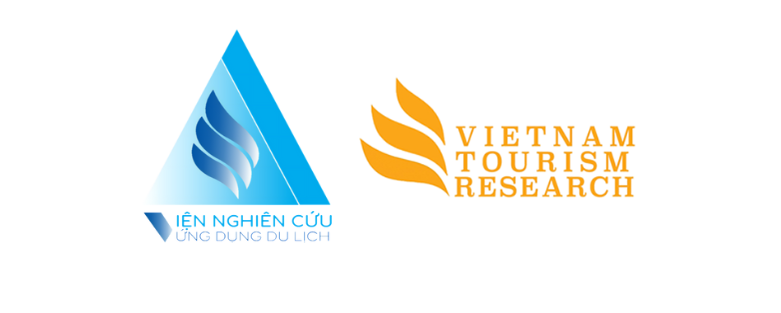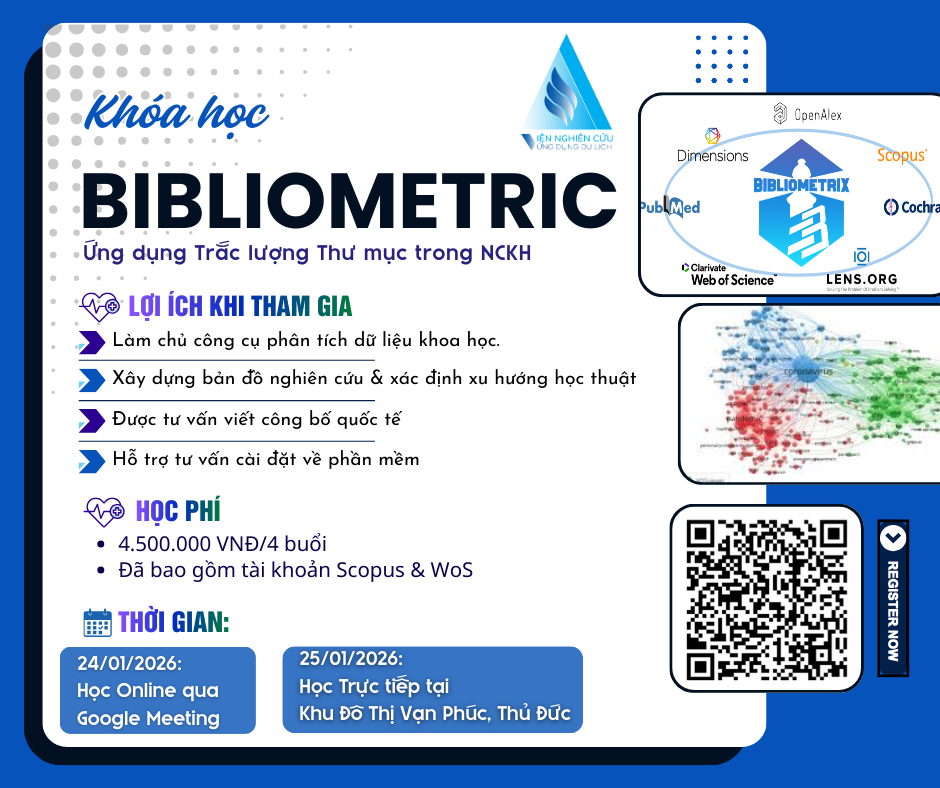This post is also available in:
Tiếng Việt (Vietnamese)
Tourism in Thailand is not merely a smokeless industry—it is the lifeblood of the national economy. Contributing nearly 20% of GDP and generating over 4 million jobs, Thailand was once hailed as a “paradise” for international travelers, with Bangkok ranked as the world’s most visited city.
Yet behind this impressive façade lie serious concerns: climate change, plastic pollution, and resource degradation. The COVID-19 pandemic intensified these challenges while simultaneously offering a critical juncture to rethink the nation’s tourism development trajectory.
When the Pandemic Hit Pause: A Chance to Reshape Tourism
In the first quarter of the pandemic, international arrivals to Thailand plunged by 38%, effectively placing the tourism sector in a state of suspension. However, this pause unveiled long-forgotten scenes: cleaner air, wildlife reappearing in tourist hotspots, and sharply reduced emissions. Experts interpreted these not as miracles, but as urgent signals that tourism must transition toward a more sustainable and responsible model.
Today’s travelers have changed they now care about carbon footprints, air quality, and brand transparency. Thailand has seized this opportunity.
Transformative Shifts from Within the Tourism Sector
Key tourism organizations in Thailand are pioneering the integration of sustainability principles across the tourism ecosystem from hotels and event planning to national-level policy design.
Thai Hotels Association (THA):
- Encourages independent hotels to pursue third-party environmental certifications.
- Promotes “Farm to Function” programs, sourcing organic rice directly from farmers to integrate agriculture with hospitality.
- Conducts training in carbon footprint calculation and launches campaigns to reduce single-use plastics, engaging over 200 hotels.
- Collaborates with the Tourism Authority of Thailand, UNESCO, and Expedia to implement the “Sustainable Tourism Pledge,” promoting concrete actions over symbolic declarations.
- Introduces the SHA (Safety and Health Administration) program to rebuild traveler confidence post-pandemic.
Thailand Convention and Exhibition Bureau (TCEB):
- Embeds sustainability as a core principle in the MICE (Meetings, Incentives, Conferences, Exhibitions) industry.
- Advocates for sustainable catering: sourcing local ingredients, reducing meat, minimizing buffet-style meals, and designing low-emission menus.
- Supports global standards like ISO 20121 and focuses on long-term training for event organizers.
- Emphasizes effective communication—not only with travelers but also with suppliers and internal stakeholders.
Plastic Waste: From Problem to Catalyst for Change
Thailand ranks among the top five marine plastic polluters globally. Yet this stark reality catalyzed its selection as the pilot country for the UN’s “C Circular” initiative—an ambitious program to transform the tourism supply chain and behavior:
- Problem awareness: Roundtable discussions and training for SMEs across the tourism sector.
- Measurement & transparency: In partnership with Ocean Recovery Alliance, tools were developed to help hotels track their exact plastic output.
- Leadership commitment: Green transformation must begin at the top—it cannot be relegated to token CSR campaigns.
- Global collaboration: Thailand joined the Global Tourism Plastics Initiative, committing to eliminate unnecessary plastic by 2025.
- Circular economy transition: Plastic waste is being repurposed into reusable materials—even overlooked items such as shrink-wrapped bathrobes are being redesigned for circularity.
Looking Ahead: Slower Journeys, Faster Responsibility
The future of Thai tourism is not one of endless convoys descending on overburdened islands. It is envisioned as a series of slower, deeper, and more mindful journeys.
To realize this vision, Thailand must:
- Implement visitor caps in fragile destinations.
- Empower local communities to preserve cultural authenticity.
- Invest in environmental infrastructure, particularly wastewater treatment.
- Attract mission-driven investors, not merely wealth-driven tourists.
- Establish clear regulatory frameworks for legal accommodation, including Airbnb.
- Offer green incentives, such as tax reductions for eco-friendly hotels.
- Tackle air pollution—as clean air emerges as a key competitive differentiator.
- Ensure brand transparency, ending greenwashing and starting with genuine ethics.
A New Chapter for Thai Tourism
The challenges are real—but amid the turbulence, Thailand is writing a new narrative: one that transforms tourism from growth-at-all-costs to purpose-driven development, from extraction to stewardship, and from short-term gain to long-term resilience.
This transformation will not happen overnight. But if any country in Southeast Asia possesses the resolve, resources, and vision to lead such a shift Thailand stands as a compelling contender.











